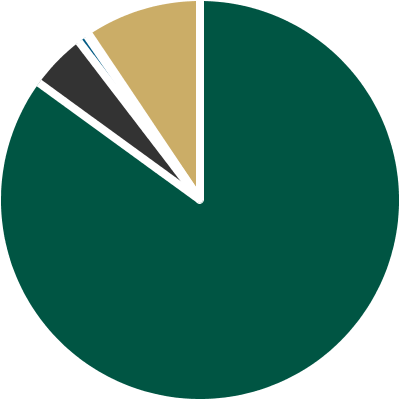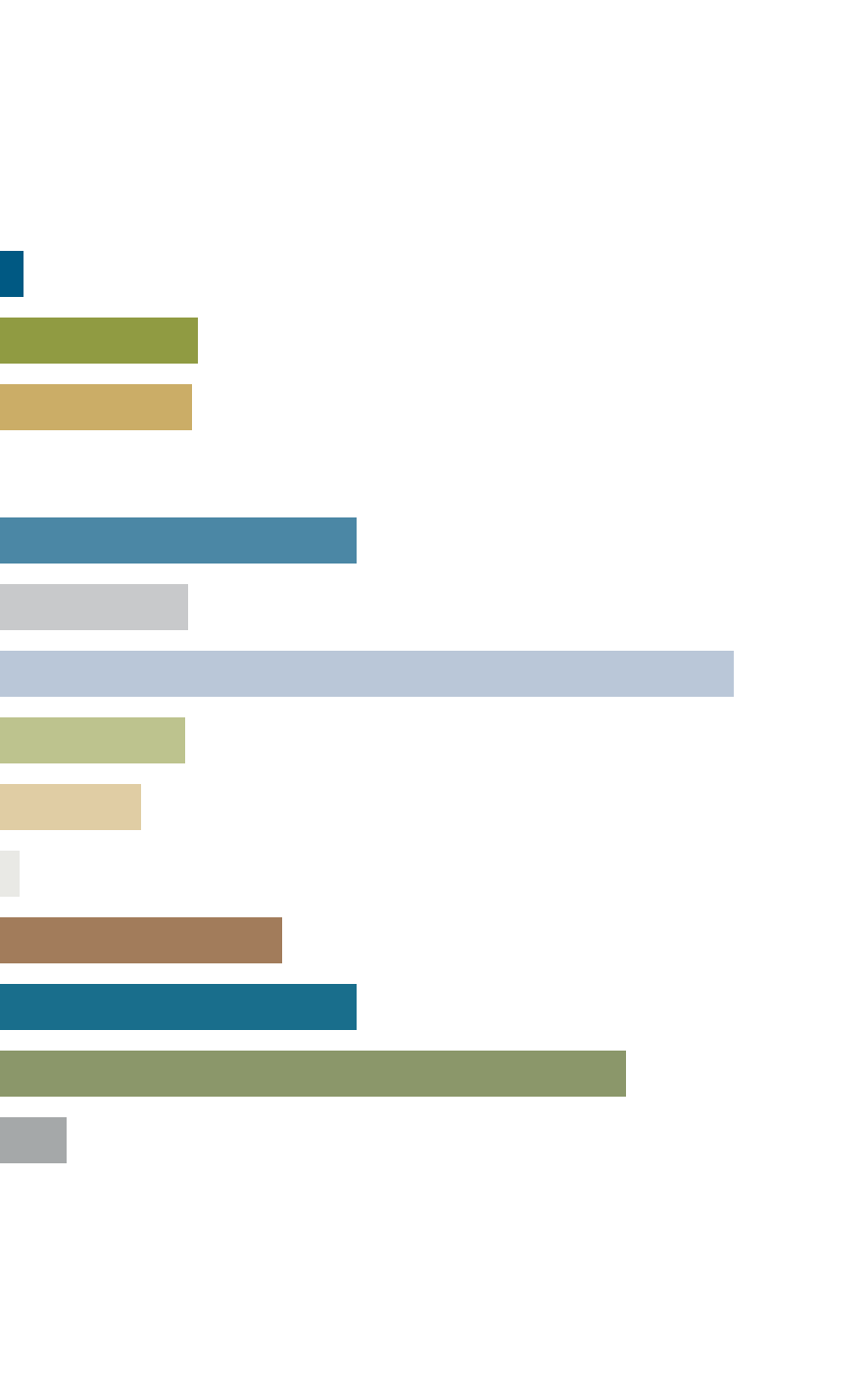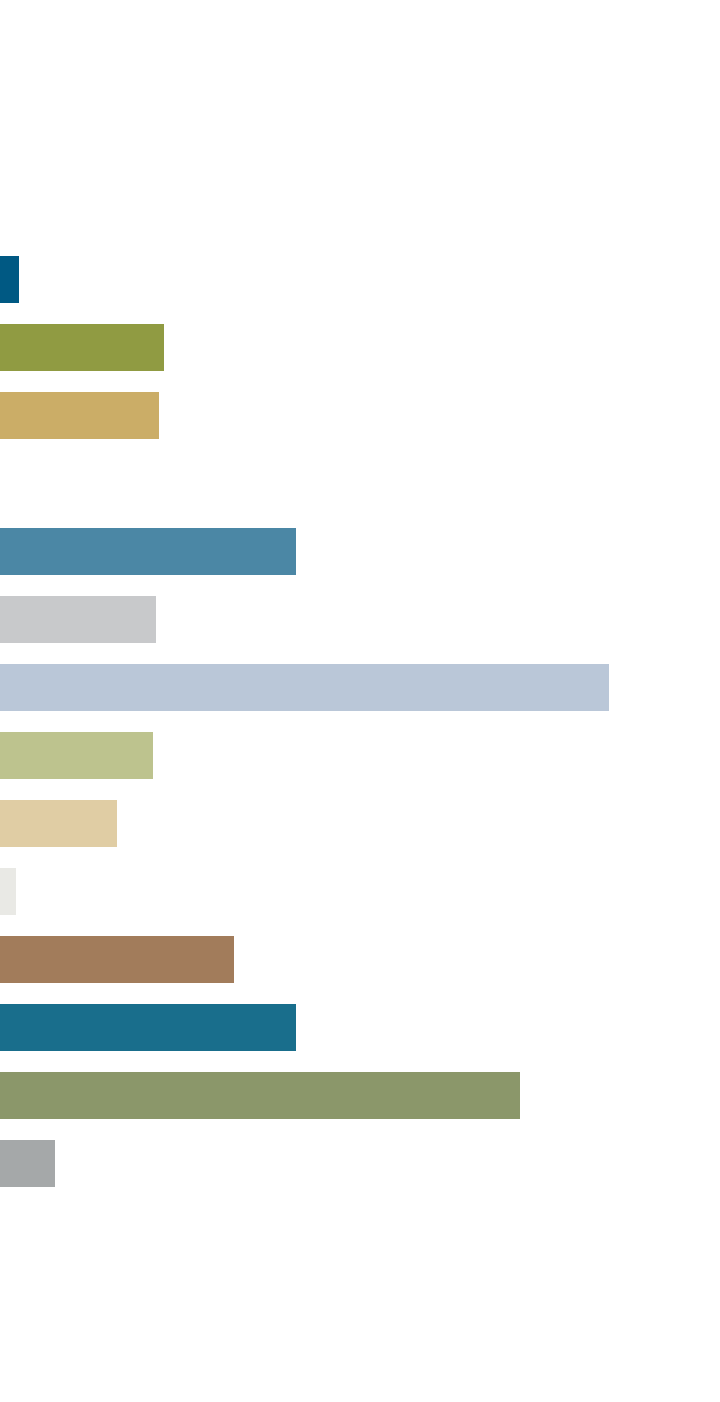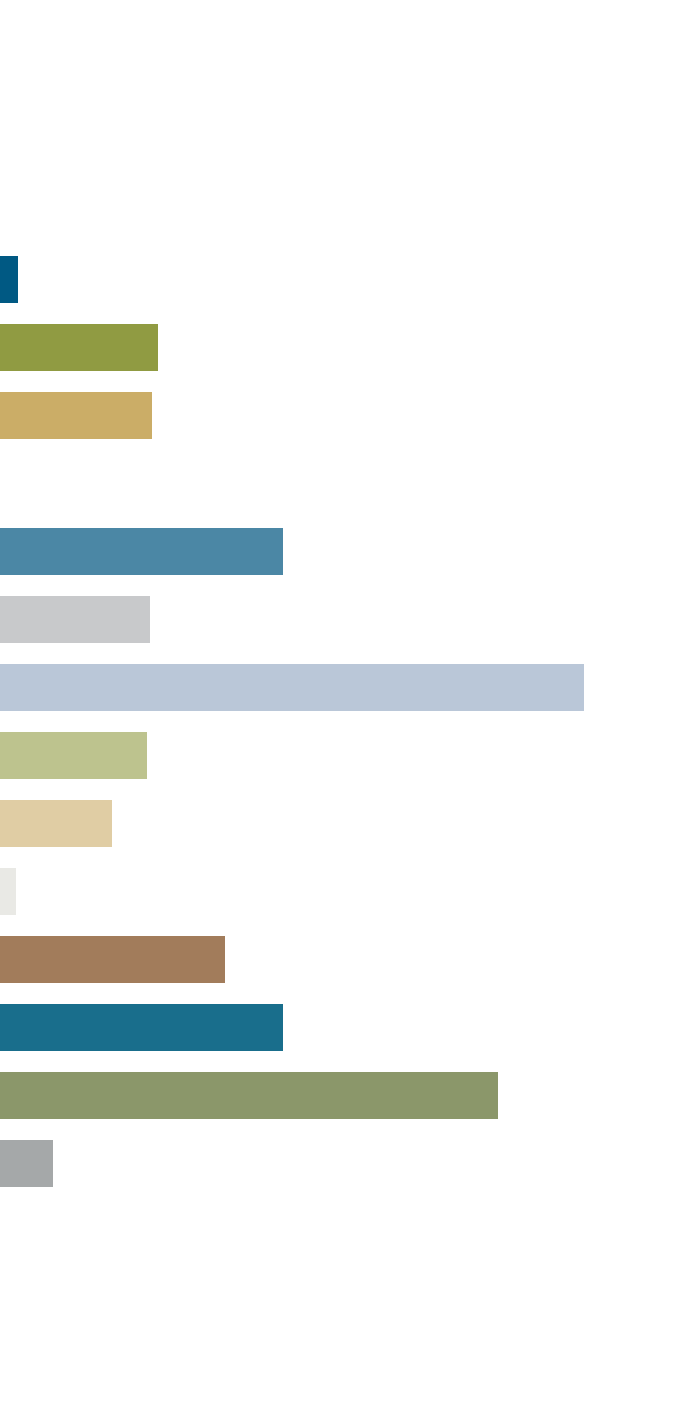Current and future portfolio holdings are subject to risk. The value of portfolio securities selected by the investment team may rise or fall in response to company, market, economic, political, regulatory or other news, at times greater than the market or benchmark index. A portfolio’s environmental, social and governance (“ESG”) considerations may limit the investment opportunities available and, as a result, the portfolio may forgo certain investment opportunities and underperform portfolios that do not consider ESG factors. Fixed income securities carry interest rate risk and credit risk for both the issuer and counterparty and investors may lose principal value. In general, when interest rates rise, fixed income values fall. High income securities (junk bonds) are speculative, experience greater price volatility and have a higher degree of credit and liquidity risk than bonds with a higher credit rating. The portfolio typically invests a significant portion of its assets in lower-rated high income securities (e.g., CCC). Loans carry risks including insolvency of the borrower, lending bank or other intermediary. Loans may be secured, unsecured, or not fully collateralized, trade infrequently, experience delayed settlement, and be subject to resale restrictions. Private placement and restricted securities may not be easily sold due to resale restrictions and are more difficult to value. Use of derivatives may create investment leverage and increase the likelihood of volatility and risk of loss in excess of the amount invested. International investments involve special risks, including currency fluctuation, lower liquidity, different accounting methods and economic and political systems, and higher transaction costs. These risks typically are greater in emerging and less developed markets, including frontier markets. These risks are discussed in the prospectus. Please read it carefully before you invest or send money.
Performance Source: Artisan Partners/Credit Suisse. Data & Statistics Sources: Artisan Partners/Bloomberg. Unless otherwise indicated, percentages shown are of total fixed income securities in the portfolio. Portfolio statistics are intended to provide a general view of the entire portfolio, or Index, at a certain point in time and are calculated using information obtained from various data sources. Portfolio statistics include accrued interest unless otherwise stated and may vary from the official books and records of the Fund. Artisan Partners may exclude outlier data and certain securities which lack applicable attributes, such as private securities when calculating portfolio statistics. If information is unavailable for a particular security Artisan may use data from a related security to calculate portfolio statistics. Unless otherwise noted, portfolio statistics represent the weighted average of the portfolio’s fixed-income securities and exclude cash and cash equivalents. For the purpose of determining the Fund's holdings, securities of the same issuer are aggregated to determine the weight in the Fund. Totals may not sum due to rounding.
Sector categorizations for portfolio securities are based on ICE BofA classifications and are subject to reclassification at the investment team’s discretion.
30-Day SEC Yield is based on a formula specified by the SEC that calculates a fund's hypothetical annualized income, as a percentage of its assets. This hypothetical yield will differ from the fund's actual experience and as a result, income distributions from the fund may be higher or lower. Credit Quality ratings are determined by Artisan Partners based on ratings from S&P and/or Moody's, which typically range from AAA (highest) to D (lowest). For securities rated by both S&P and Moody's, the higher of the two ratings was used, and those not rated by either agency have been categorized as Unrated/Not Rated. Ratings are applicable to the underlying portfolio securities, but not the portfolio itself, and are subject to change. Free Cash Flow is a measure of financial performance calculated as operating cash flow minus capital expenditures.
Credit Suisse (CS) Leveraged Loan Index is an unmanaged market value-weighted index designed to mirror the investable universe of the US dollar-denominated leveraged loan market. New issues are added to the index on their effective date if they qualify according to the following criteria: loan facilities must be rated “BB” or lower; only fully funded term loan facilities are included; and issuers must be domiciled in developed countries. The index(es) are unmanaged; include net reinvested dividends; do not reflect fees or expenses; and are not available for direct investment.




